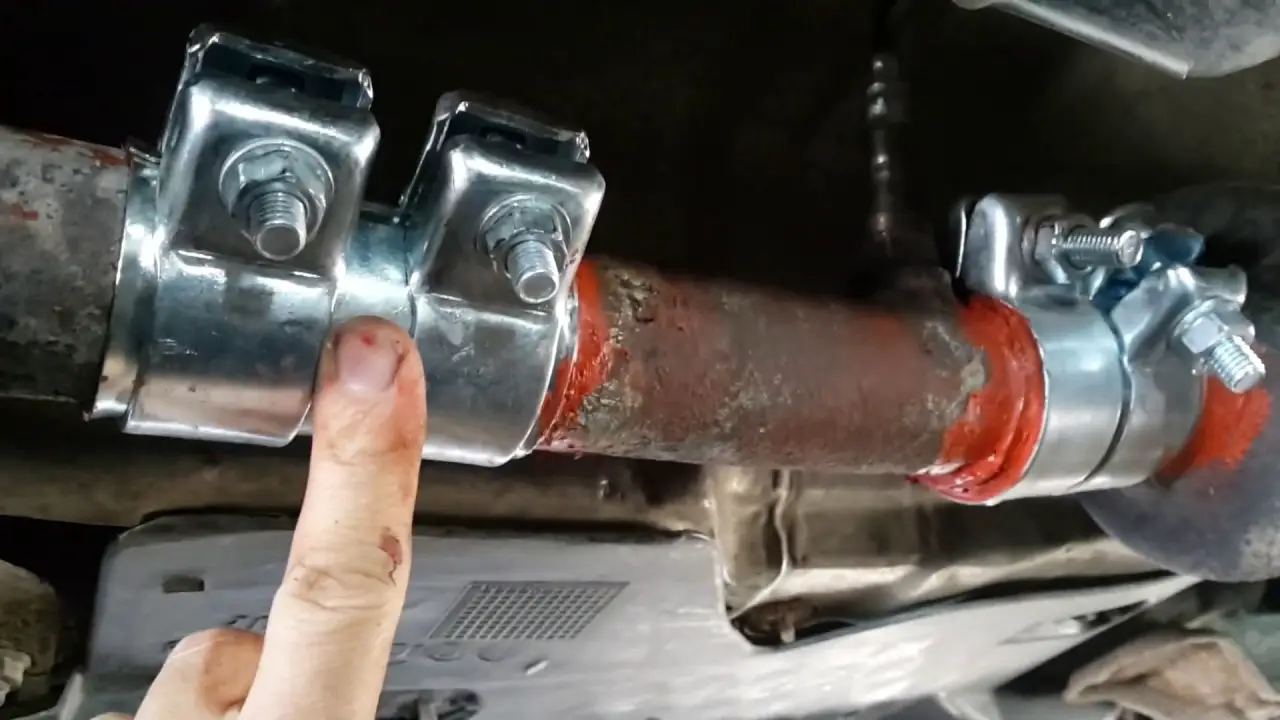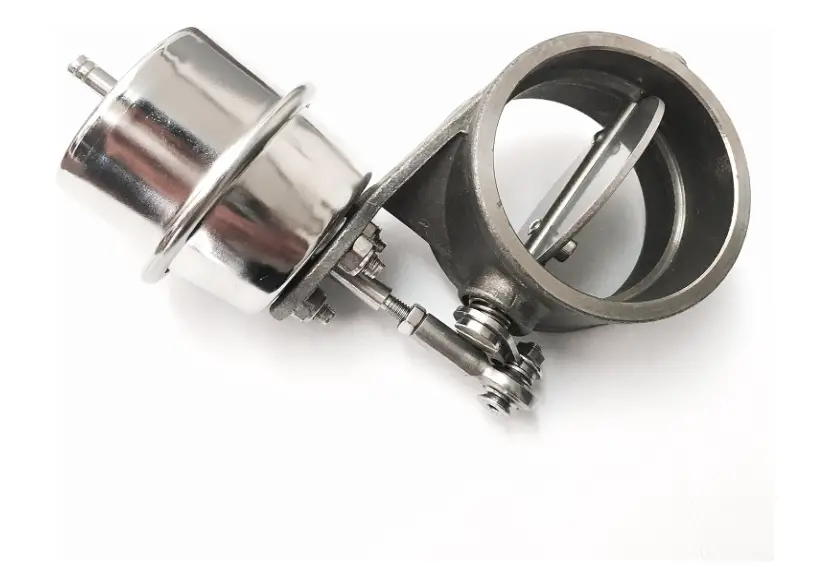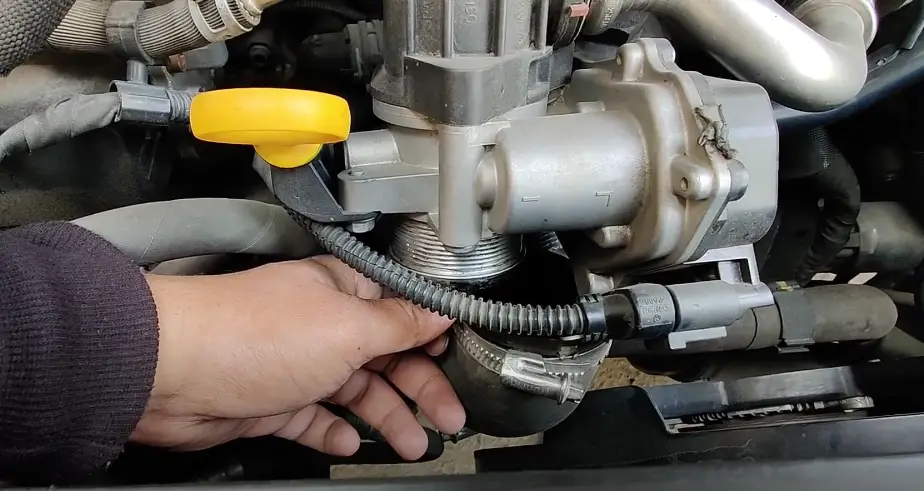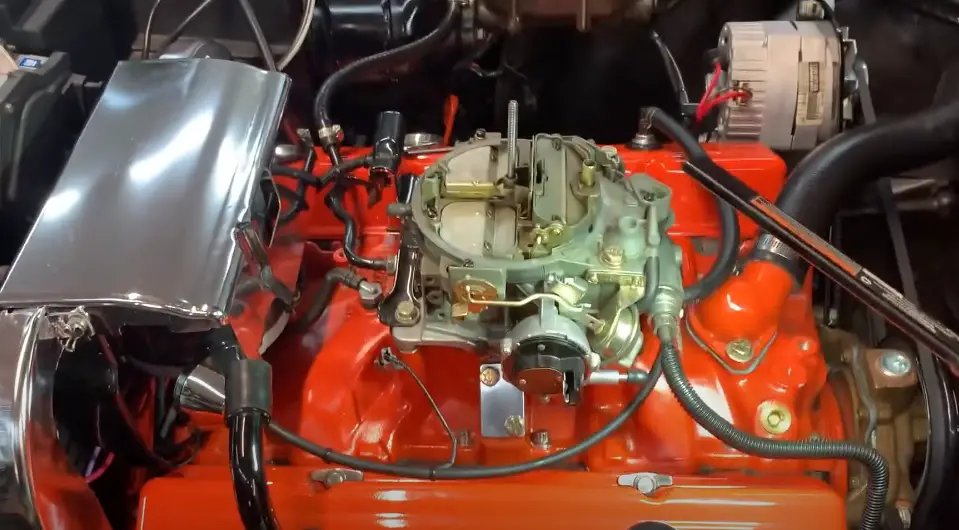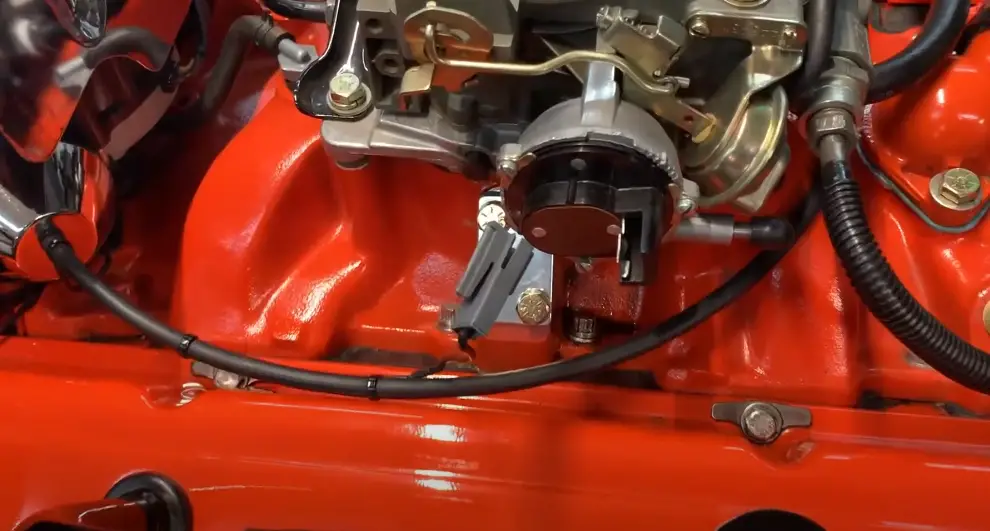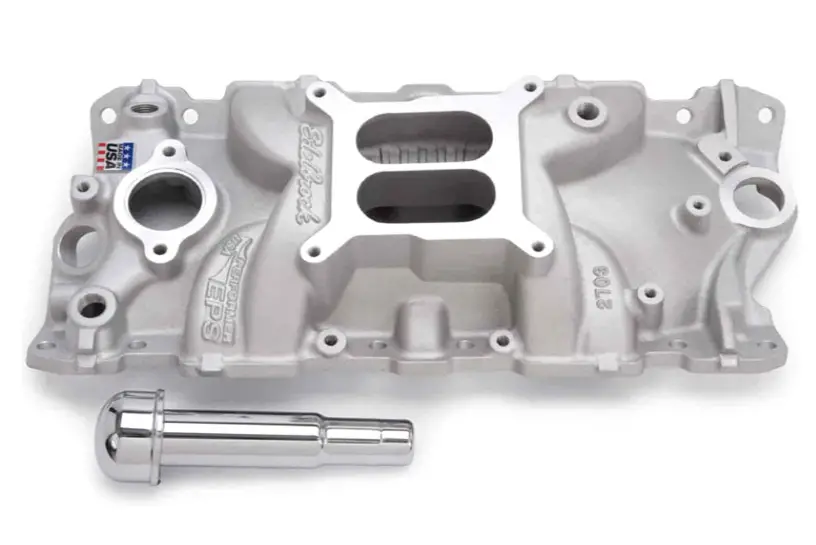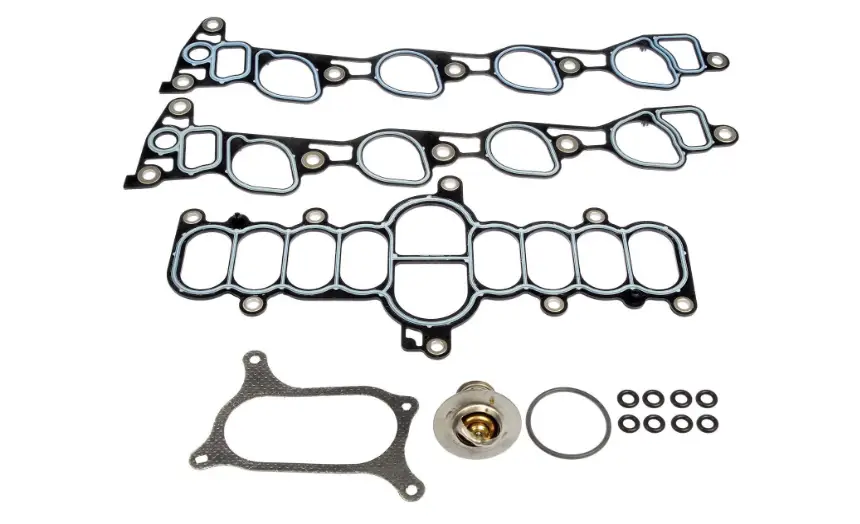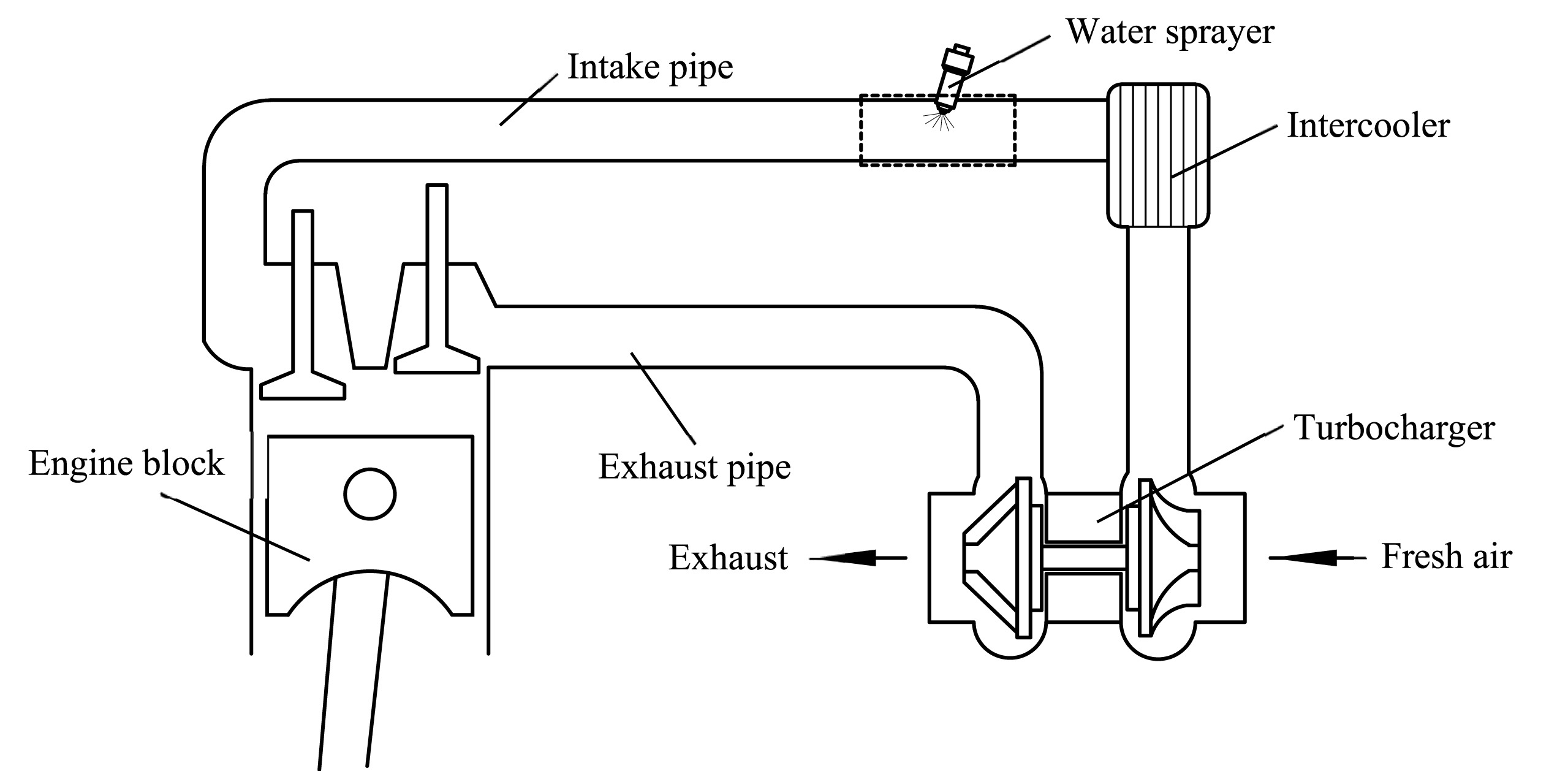Exhaust Pipe Replacement Cost, Symptoms & DIY Tips
Exhaust pipe replacement is essential for maintaining the vehicle’s performance, fuel efficiency, and safety. Replacing a damaged or corroded exhaust pipe helps prevent harmful gas leaks and ensures your car runs smoothly and quietly. Exhaust pipe replacement is a critical aspect of vehicle maintenance that ensures optimal performance, fuel efficiency, and environmental compliance. Over time, … Read more
